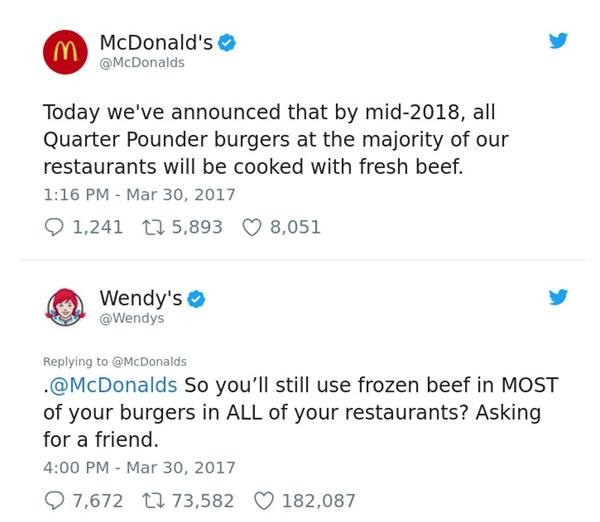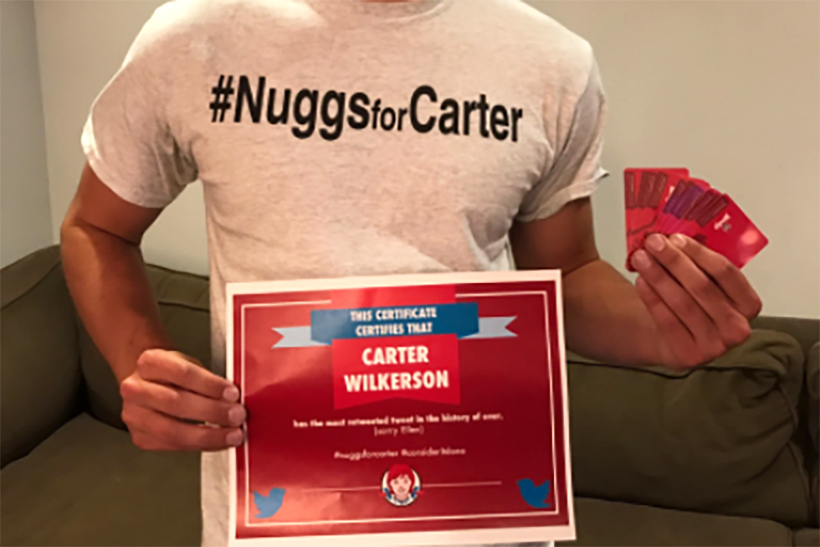
Table of Contents
Case Study: The Power of Memes in Digital Marketing and Their Effects
In the ever-evolving world of digital marketing, businesses constantly seek innovative and engaging ways to connect with their audiences. One such creative approach that has gained significant traction in recent years is the use of memes. Memes—funny, relatable, and shareable images, videos, or text—have proven to be a powerful tool for brands to engage consumers, promote products, and even humanize their brand identities.
This case study examines how memes have been successfully leveraged by brands in digital marketing campaigns, highlighting their positive effects in terms of engagement, brand visibility, and audience connection.
The Role of Memes in Digital Marketing
A meme is typically an internet phenomenon consisting of humorous, often satirical, content that spreads quickly online. Memes are highly shareable and resonate with audiences due to their relatability and light-hearted tone. While they were once seen as a trend for personal entertainment, brands have increasingly realized their value as a tool for fostering engagement, building brand personality, and even driving sales.
In digital marketing, memes serve a unique purpose:
- Engagement: Memes encourage likes, shares, and comments, which boost engagement metrics.
- Relatability: Memes help brands seem more approachable and connected to popular culture, making them appear more human and authentic.
- Virality: Due to their humorous and shareable nature, memes have a high potential for going viral, increasing brand visibility and reach.
Wendy’s – Mastering the Meme Game
Brand Overview: Wendy’s is a fast-food chain known for its bold, fresh, and high-quality offerings. However, it’s also become known for its edgy and humorous social media presence. Wendy’s has embraced a distinctive brand voice on platforms like Twitter, where it’s known for witty banter and humorous interactions with customers and competitors alike. The company’s use of memes is a key part of its social media strategy, allowing the brand to stand out in a crowded and competitive market.
The Meme Marketing Strategy: Wendy’s Twitter “Roasts”

In 2017, Wendy’s social media team took a bold step by engaging in playful, often cheeky, banter with customers and competitors. The brand created a series of memes and Twitter posts aimed at poking fun at its competitors, customers, and even itself. Here are some key elements of Wendy’s meme-driven strategy:
- “Roasting” Competitors: Wendy’s gained attention by playfully “roasting” fast-food competitors like McDonald’s and Burger King. This included humorous memes comparing Wendy’s fresh, never frozen beef with McDonald’s frozen patties, using witty commentary and pop culture references.
- Engaging Directly with Followers: Wendy’s didn’t just post generic memes—it actively engaged with customers through meme replies. Wendy’s Twitter account would reply to customer comments with memes or snarky responses that were widely shared, creating viral moments.
- Timely Pop Culture References: Wendy’s team is adept at tapping into trending topics or viral moments, often creating memes related to current events or internet trends. This approach allowed Wendy’s to stay relevant and create highly engaging content.
Memes that Went Viral
One of the standout examples was when Wendy’s tweeted the now-famous meme “4 for 4, but it’s fresh, never frozen.” This meme poked fun at McDonald’s promotional “4 for $4” deal but emphasized Wendy’s emphasis on fresh ingredients. The tweet quickly went viral, racking up thousands of retweets, likes, and comments.

Another example was the “#NuggsForCarter” campaign, where a Twitter user named Carter Wilkerson asked Wendy’s how many retweets it would take to earn a year’s supply of chicken nuggets. Wendy’s humorously responded with, “18 million,” sparking a viral campaign that saw over 3.4 million retweets, leading to a partnership between Wendy’s and a charitable organization.
Effects of Memes in Wendy’s Digital Marketing Strategy
Wendy’s use of memes in its digital marketing campaign has yielded several positive outcomes, including increased engagement, brand affinity, and media attention.
1. Increased Social Media Engagement
Wendy’s meme-focused social strategy dramatically boosted engagement. For instance, in 2017, Wendy’s Twitter account experienced a 60% increase in engagement following the introduction of its meme-centric strategy. Tweets that incorporated memes or witty humor had significantly higher retweet and like rates compared to more traditional promotional content.
- Hashtag Campaigns: The #NuggsForCarter campaign not only went viral but drove massive engagement and awareness across social media platforms. By aligning with a popular meme format, Wendy’s was able to get millions of eyes on their brand, with the hashtag trending on Twitter for days.
2. Brand Visibility and Virality
Memes have the potential to go viral, which directly amplifies brand visibility. Wendy’s leveraged its memes to become the talk of the internet, with tweets and memes spreading beyond its own followers. Wendy’s meme-driven content reached millions of potential customers, creating a massive buzz around the brand.
- Viral Content: Wendy’s memes became cultural touchstones, often referenced in mainstream media, which amplified the brand’s reach. Media outlets covered the brand’s Twitter roasts and meme-filled approach, giving Wendy’s exposure beyond social media.
3. Building a Unique Brand Personality
Through memes, Wendy’s has cultivated a unique and relatable brand voice. The company’s use of humor makes it stand out in the highly competitive fast-food industry, where many brands rely on traditional, serious marketing. By using memes, Wendy’s shows its customers that the brand is fun, down-to-earth, and in tune with internet culture.
- Humanizing the Brand: Memes allow Wendy’s to present a more approachable, human side, positioning it as a fun, relatable brand with personality. This has contributed to stronger brand loyalty and a sense of connection among younger consumers who value brands that embrace humor and authenticity.
4. Customer Engagement and Loyalty
Wendy’s meme strategy also helps foster deeper customer loyalty. The company’s humor and engagement create an interactive experience for consumers, rather than simply pushing out promotional content. This interaction fosters stronger relationships, particularly with millennials and Gen Z, who appreciate witty, relatable brands.
- Two-Way Communication: Wendy’s memes don’t just broadcast a message; they invite interaction. The brand actively engages with followers through comments, retweets, and memes in reply to customer queries. This makes customers feel more involved with the brand.
Challenges and Considerations in Meme Marketing

While memes have provided Wendy’s with significant success, meme marketing is not without its challenges:
Risk of Misinterpretation: Humor can be subjective. What is funny to one audience may not resonate with another, and memes can quickly become outdated or inappropriate if not executed with care.
Brand Consistency: It’s essential for brands to balance humor with their core values and messaging. If memes stray too far from the brand’s identity, it can lead to confusion or a lack of authenticity.
Short Shelf Life: Memes often have a short life cycle. What’s trending today might be forgotten tomorrow. Marketers must be quick to act and stay on top of trends to capitalize on their viral potential.
The Power of Memes in Digital Marketing
The use of memes in Wendy’s digital marketing strategy has proven to be highly successful in engaging customers, increasing brand visibility, and humanizing the brand. By tapping into internet culture and using humor as a communication tool, Wendy’s has shown that memes can be more than just a passing trend—they can be a powerful driver of engagement and brand loyalty when executed well.
For other brands looking to incorporate memes into their digital marketing strategies, Wendy’s provides a valuable blueprint: stay relevant, keep the tone authentic, and above all, have fun with it. In the fast-paced, ever-changing world of social media, meme marketing offers brands an opportunity to engage with consumers in a way that feels natural, entertaining, and, most importantly, memorable.




